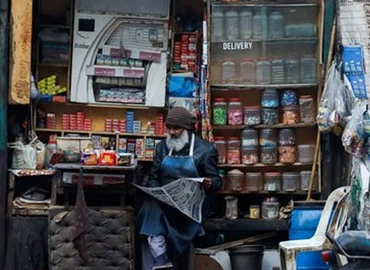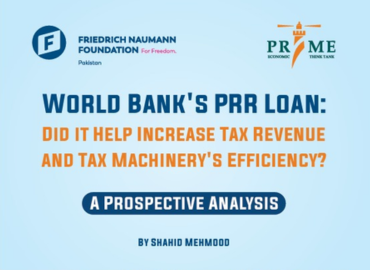Introduction
Import related Statutory Regulatory Orders (SROs) issued by the Federal Board of Revenue decrease the efficiency of the markets by tending the market players to play in line with the SROs issued instead of the actual market prices. The ability of FBR to make changes in the custom tariff lines through SRO, empower them to deal with the vested interests of many entities. The beneficiaries of SROs are then enabled to ‘extract rents’ and earn extra large profits without having need to produce and compete effectively in the market. Moreover, in such an environment, investors are reluctant to respond well hence the whole market is then shifted to the chosen ones.
As many as 4500 Statutory Regulatory Orders have been issued so far by the Federal Board of Revenue to grant favours in matters of taxation to individuals and entities belonging to the elite class, or targeted audience.
As per Article 77 of the Constitution, Federal taxes must be levied by an Act of Parliament. However, the Custom Act grant the government power to give exemptions, concessions and preferential treatment without Parliamentary approval which means parliament can be over ruled by Board which is not required (by law) to report the total value of these exemptions to Parliament.
The discriminatory SROs being issued one after another further add up to the sufferings and multiple threats already faced by the industries and businesses in Pakistan creating confusions and uncertainty among investors. Moreover, controversial SROs like SROs Nos. 212(I)/2013, SRO 154(I)/2013 & SRO 98(I)/20132, specifically benefits a privileged class of the society for extracting rents, where rent-seeking SRO culture also brings in anti-consumer and anti-market practices.
86% of the custom Tariff Lines are affected by SROs, reducing effective custom duties while 44% of values of imports are affected by SROs.
Textile sector is among the top beneficiaries group from the SROs and in the air of misuse and under-invoicing the textile group again tops the list.4 There are many cases reported to How Intimately SROs and Development in the Textile Sector Related?
FBR over the time regarding misuse of privileged SROs and under-invoicing like import of machinery by textile groups are exempted from custom duty under the SRO 809(1)/2009 and there are reports that the said SRO is among those which are grossly misused.
This indicated a need to explore the question; Are SROs indicative of a coherent development strategy for the textile sector or liable to policy capture by powerful interests groups?
The objectives and economic and political rationale of the SROs were then taken into account to find their impacts on textile sector. The research indicates that although the SRO notifications do not provide any economic or political rationale for issuing any tax amendment, yet the underlying purposes of issuing SROs are supporting sick and falling industries and provided benefits to some influential group and businesses which hampers the growth of the sectors, repels investment making the sector inefficient to compete in international markets.





